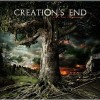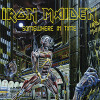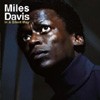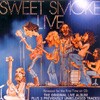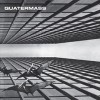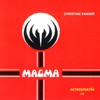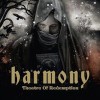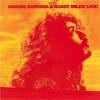Loading cart

The Pros And Cons Of Hitchhiking

"When dissected carefully, The Pros and Cons of Hitch Hiking becomes a fascinating conceptual voyage into the workings of the human psyche. As an abstract peering into the intricate functions of the subconscious, Waters' first solo album involves numerous dream sequences that both figuratively and symbolically unravel his struggle with marriage, fidelity, commitment, and age at the height of a midlife crisis. While the songs (titled by the times in which Waters experiences each dream) seem to lack in musical fluidity at certain points, they make up for it with ingenious symbolism and his brilliant use of stream of consciousness within a subconscious realm. Outside from the deep but sometimes patchy narrative framework, the music slightly lacks in rhythm or hooks, except for the title track that includes some attractive guitar playing via Eric Clapton. David Sanborn's saxophone is another attribute, adding some life to "Go Fishing" and "The Pros and Cons of Hitch Hiking." But it's truly the imagery and the visual design of the album that is front and center, since the importance lies in what Waters is trying to get across to the audience, decorated somewhat casually by his singing and the music. With Pink Floyd, the marriage of Waters' concepts and ideas with the talented musicianship of the rest of the band presented a complete masterpiece in both thought and music, while his solo efforts lean more toward the conceptual aspects of his work. With this in mind, The Pros and Cons of Hitch Hiking continues to showcase Waters' unprecedented knack of addressing his darkest thoughts and conceptions in a most extraordinary fashion." - allmusic.com

